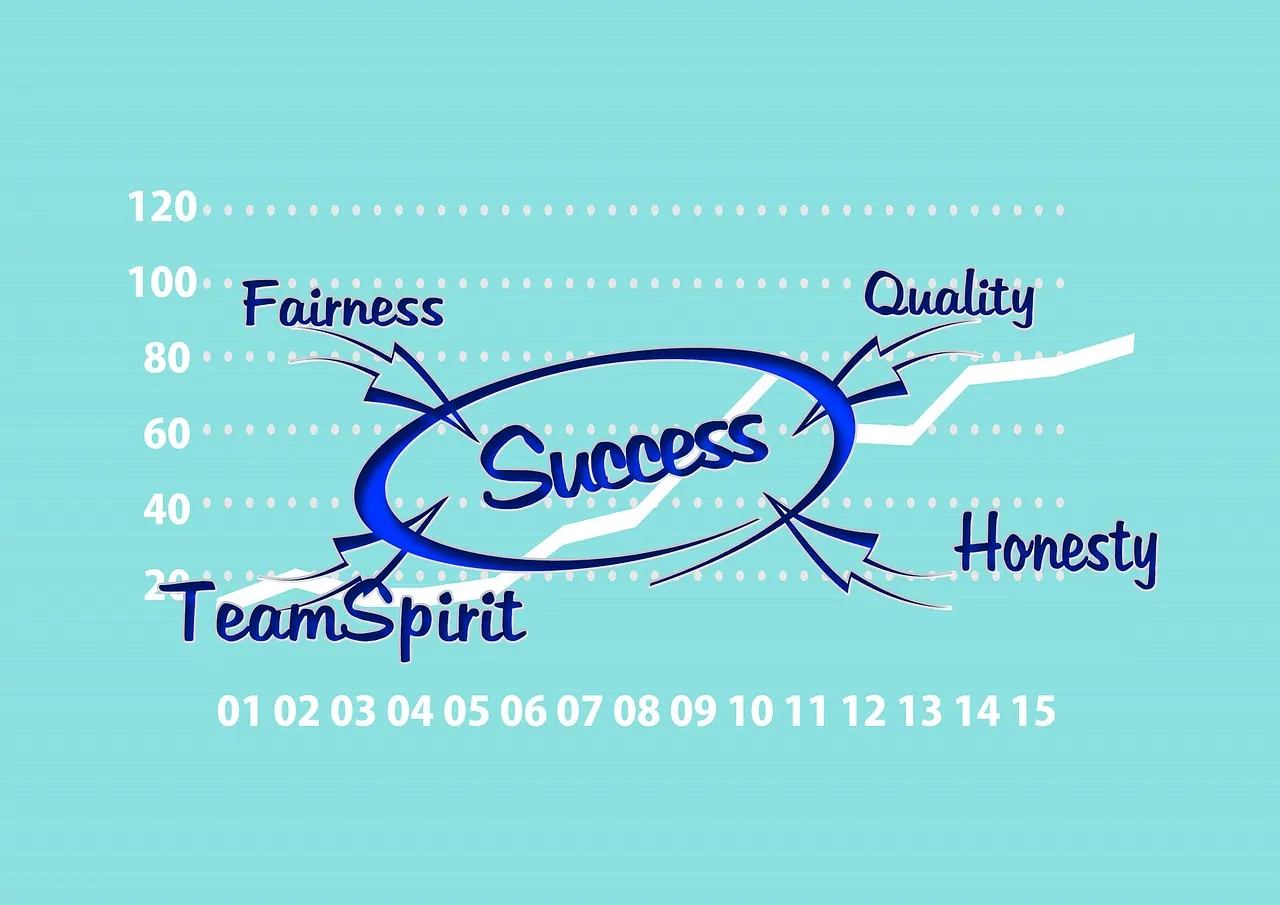When you are tasked with organizing an academic event, one of the most pivotal yet challenging aspects is securing sponsorships. It’s not just about knocking on doors or making calls. Question is, what are the tricks of the trade when it comes to attracting sponsors? Let’s delve into the details!
Identify your Unique Selling Proposition
The first step in any successful endeavor at securing sponsorships is to get clear on your Unique Selling Proposition (USP). What exactly does your event offer that others in the same sphere do not? Your USP should ideally be tied to your event’s goal and provide clear benefits for your potential sponsors. It becomes your crowning glory, the selling point that convinces potential sponsors to invest in your event.
Understanding Potential Sponsors
Once you’re clear on your event’s USP, the next step is identification and understanding of potential sponsors. Develop a keen understanding of your potential sponsors’ needs, desires, and constraints is a pressing necessity. Identifying key details, such as the sponsor’s target market, their marketing strategies, and philanthropic goals, is a way to align your proposition to their needs.
What Questions Should I Be Asking Potential Sponsors?
It’s crucial to get a firm grasp of what your potential sponsor’s needs are. Here, active listening becomes your most powerful tool. Ask questions like:
- What are your current brand objectives?
- Which kind of audience engagement does your brand seek?
- Have you sponsored events in the past? What worked? What didn’t?
Not only does it show interest, but it also helps you design an effective sponsorship package.
Designing a Convincing Sponsorship Package
Armed with the understanding of your potential sponsors’ needs, it’s time to create a compelling sponsorship package tailored to those needs. An effective sponsorship package floats beyond logo placements. Consider co-marketing activities, influential speaker opportunities, or in-event experiences. Bonus tip: Stay flexible and open for discussions with potential sponsors.
What Are Some Additional Benefits Sponsors Look For?
Think beyond the traditional benefits. Sponsors might also be looking for:
- Access to intellectual resources or research output
- Supporting academic excellence for a positive brand image
- Creating a talent pipeline for future needs
The key is understanding their goals and offering relevant benefits.
Communicating with Potential Sponsors
Last but not least, effective communication with potential sponsors is paramount. When you’re presenting your event and the potential partnership, remember to emphasize shared benefits. And most importantly, do not forget to follow up. Persistence can pay dividends.
Why Is My Proposal Not Getting Through?
If your proposals are not gaining traction, take a step back to evaluate:
- Is your proposal aligned with the potential sponsor’s goals and needs?
- Are you offering mutual benefits?
- Have you conveyed your USP convincingly?
Lastly, always be open to feedback. Your most significant learning can come from your highest obstacles.
Learn from Each Experience
Every event, every proposal, and every “No” is a learning opportunity. Continuous improvement is the secret sauce to your success in the long run. Ask for feedback, take the insights on board, and apply them for future proposals. Now, let’s unearth those sponsorships!

